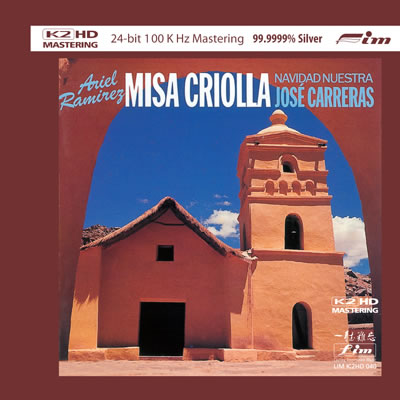But your description of perceived dynamics fits with the idea.
https://courses.physics.illinois.edu/phys406/Lecture_Notes/P406POM_Lecture_Notes/P406POM_Lect5.pdf
Pretty good explanation of the basics of hearing. Talks about critical bands and other things. Page 24 shows the idea that two sounds in two different critical bands sound louder than two sounds in a critical band. I put this mainly to show it isn't some hair brained hypothesis of my own. It is researched and a result of understanding how hearing works.
Most LP systems, even expensive and good ones that sound great, have the tendency to grow distortion rapidly over a certainly level on program peaks. The better systems will have that only for fractions of a second on peaks. So the sound will still seem clean, the peaks which have a few percent distortion occur too rapidly to be perceived as dirty, but not too rapidly to trick the ear into hearing a momentary increase in loudness that is greater than the actual increase. For the fundamental range of most musical instruments the first few harmonics will land right in the ears most sensitive range. You hit a peak, briefly you have audible harmonics in several additional critical bands, the ear hearing more bands active will tag it as louder without hearing it as distorted. If the distortion gets loud enough long enough it would start to sound distorted. Instead you hear more powerful peaks as added power and loudness or dynamics when a cleaner lower distortion presentation would sound much more restrained.
Although critical bandwidth relates to influence from noise and tones/complex sounds?
I still am not seeing how distortion is part of this tbh Esldude; would really need to see a measurement showing the distortion (what type-trait of distortion?) with its level and frequencies, and how this then influences the complex musical notes/chords/harmonies but critically also maintains their timbre-pitch-tone-musical quality.
While anecdotal Keith Howard when looking at various distortion traits-preferences always preferred the music without distortion, appreciate this is more anecdotal but he has a good understanding of test methodology and trained listening.
And yeah nice notes you linked just had a quick look through them and bookmarked for further reading, thanks
One thing that link may have missing is interference tones and aspects associated with this (could not see it with quick read through).
Thanks
Orb
Last edited:


















